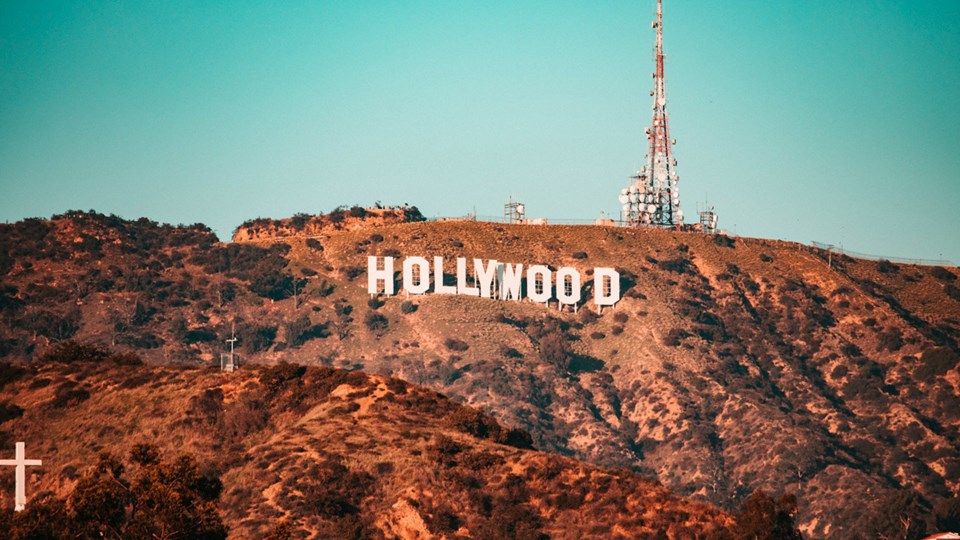A bipartisan effort is underway in Washington to introduce the NO FAKES Act, aimed at regulating the use of artificial intelligence in the entertainment industry. Senators Chris Coons (D-DE), Amy Klobuchar (D-MN), Marsha Blackburn (R-TN), and Tom Tillis (R-NC) are spearheading this initiative, addressing growing concerns about AI-generated replicas of artists' voices and likenesses.
The proposed NO FAKES Act – standing for Nurture Originals, Foster Art, and Keep Entertainment Safe – seeks to prevent unauthorized digital replicas of individuals. This comes as tensions rise in Hollywood over AI's impact on creative rights. Recently, actress Scarlett Johansson accused OpenAI of using a voice eerily similar to hers without consent, highlighting the urgent need for regulatory measures.
The music industry is equally concerned. Artists like Ariana Grande and Lainey Wilson have already seen unauthorized AI-generated imitations of their voices. Last year, an anonymous artist released "Heart on my Sleeve," falsely impersonating Drake and The Weeknd. Sheryl Crow, speaking at Grammys on the Hill, emphasized the necessity of establishing parameters and guardrails to protect artists.
A key issue in this legislation is the duration of post-mortem rights. A draft of the bill proposes extending digital replication rights to heirs for 70 years, mirroring copyright protection. Opinions vary, with some in the movie industry advocating for zero years, while others in music suggest perpetual rights.
The Motion Picture Association has urged lawmakers to draft the bill carefully to avoid infringing on First Amendment rights. Ben Sheffner, Senior VP of the association, cited the use of digital-replica technology in "Forrest Gump" to illustrate the potential for legitimate, constitutionally-protected uses.
Parallel efforts in the House, such as the No AI Fraud Act, also aim to create a federal framework for protecting artists' rights. Senate Majority Leader Chuck Schumer's recent AI roadmap underscores the need for legislation safeguarding individuals' voices and likenesses while respecting First Amendment principles.
With six months remaining in the current Congress, there is optimism that meaningful legislation will be enacted: "There are great innovations with AI, but we must allow people to own their voices and artistic works," said Klobuchar.
On one hand, everyone should be protected from unauthorized use of their NIL (and audio). My good friend Terry Kawaja made a clone of my voice and that he posted on LinkedIn and X without asking me about it. It's fun and funny and I'm fine with it… but what if I didn't like it?
On the other hand, if everyone is going to do it (because they can), shouldn't the law be more adaptive to our behavioral norms? What about the 1st Amendment?
As always your thoughts and comments are both welcome and encouraged. Just reply to this email. -s
ABOUT SHELLY PALMER
Shelly Palmer is the Professor of Advanced Media in Residence at Syracuse University’s S.I. Newhouse School of Public Communications and CEO of The Palmer Group, a consulting practice that helps Fortune 500 companies with technology, media and marketing. Named he covers tech and business for , is a regular commentator on CNN and writes a popular . He's a , and the creator of the popular, free online course, . Follow or visit .





